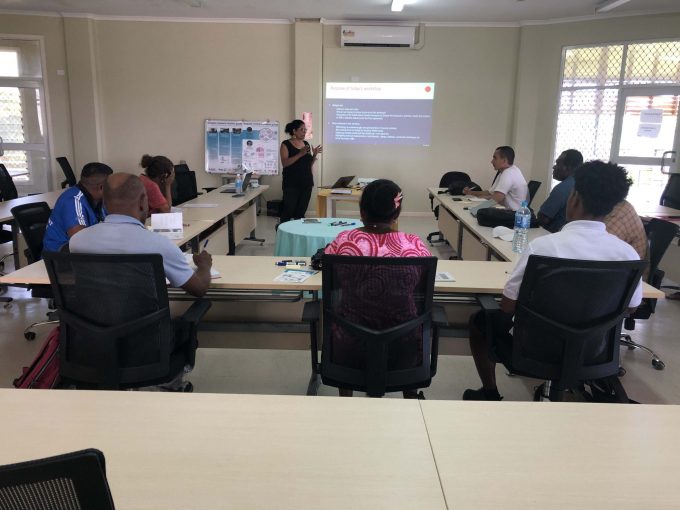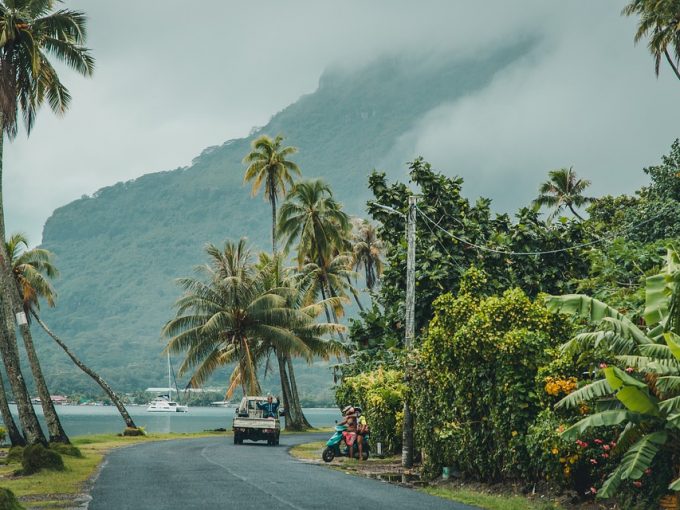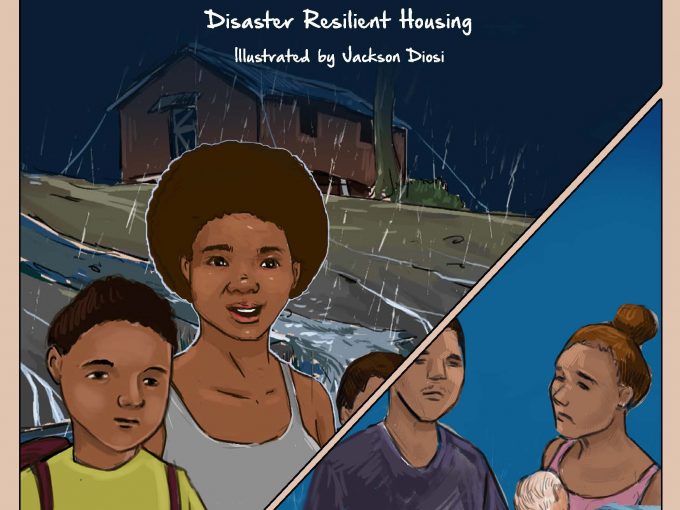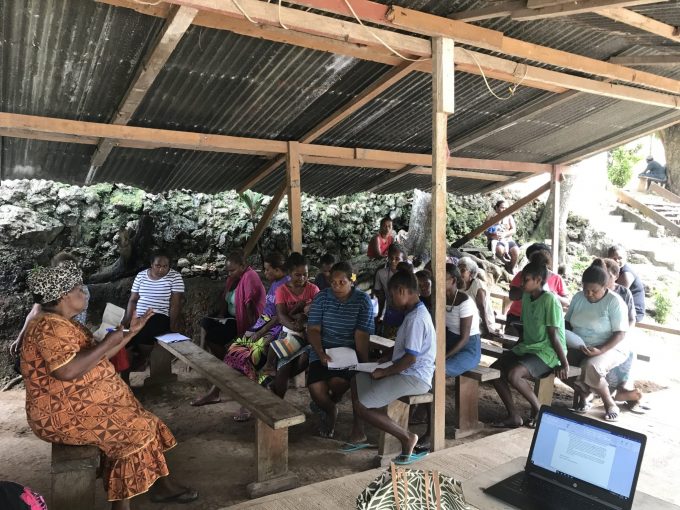The Solomon Islands has been identified as one of the most vulnerable countries to climate change, with informal settlements and the urban poor particularly sensitive to weather-related extreme events. A multi-disciplinary scientific team from RMIT University, led by Prof. Darryn McEvoy, is engaged in several projects that aim to increase the climate resilience of marginalised communities in the capital city, Honiara.
The latest example is the implementation of nature-based solutions in Koa Hill, an informal settlement exposed to floods and landslides, funded by the Swedish International Development Cooperation Agency and administered by UN-Habitat.
Prof. McEvoy says that “wherever possible we collaborate closely with local partners to ensure that climate actions are locally appropriate and RMIT technical knowledge contributes to capacity strengthening; hence empowering local communities with the skills to increase their resilience without having to rely on others for support”.
Local project partners, PACSOL and Kastom Gaden Association, with strong support from local community members, have planted vetiver grass and bamboo along the riverside and used vetiver grass to stabilise high-risk slopes and direct water from a bathing area to a drainage channel (water, especially dirty water, destabilises soils). A nursery for vetiver and lemongrass has also been established in the community.
Dr Mittul Vahanvati, a senior CUR researcher co-leading NbS research and actions in Honiara, notes that “this project shows real-life impact, as RMIT researchers have been able to fund and enable local partners to validate and implement designs for NbS, collaboratively with the local community. This NbS includes planting grasses – vetiver and bamboo – both of which are available locally and have extensive root systems that can hold soil together, making the soil less susceptible to water-led erosion”.
Another NbS is a pilot community garden that has been established by Kastom Gaden Association to showcase best practice relevant to growing crops and vegetables in Koa Hill. It is intended that this will be used to raise awareness of organic farming best practice in the community.
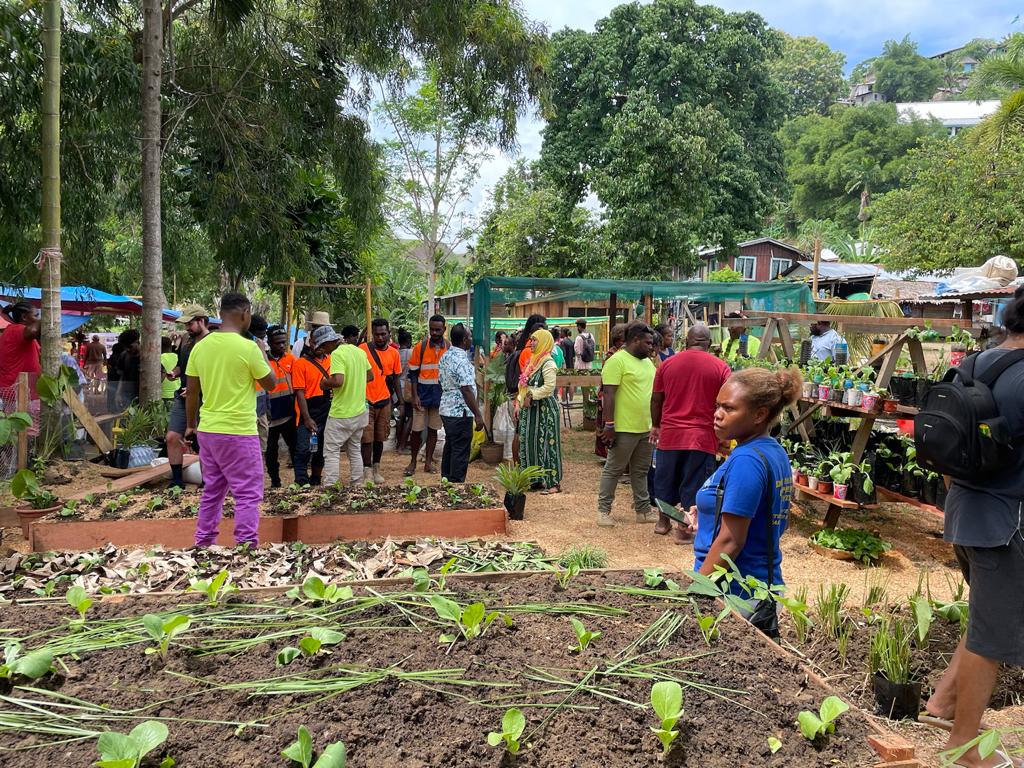
“The importance of urban gardens and implications for local food security, was emphasised during Covid lockdowns. This is a role commonly performed by women. Climate change has made gardening more laborious and less productive and there is increased demand for knowledge about urban gardening best practice that is more resilient,” says Dr Serene Ho, also a senior CUR researcher.
The local project team, PACSOL, went well beyond their NbS brief, building steps, a new jetty, a raised footpath for the rainy season, bridges, a play area for young children, and a volleyball court for teens – essentially a full community upgrade. Building community resources on the flood plain will also discourage new house building in a high-risk area! The importance of these interventions was reflected in the local community providing half of the labour in the development of a local plant nursery, planting, and construction activities

Community engagement included a ceremonial handing over of sports equipment for local youth, a NbS dissemination day in the community and dancing entertainment by the men, women, youth, and pikinini (both traditional and modern) to thank the RMIT team for their support in local resilience building.
Story: Darryn McEvoy
